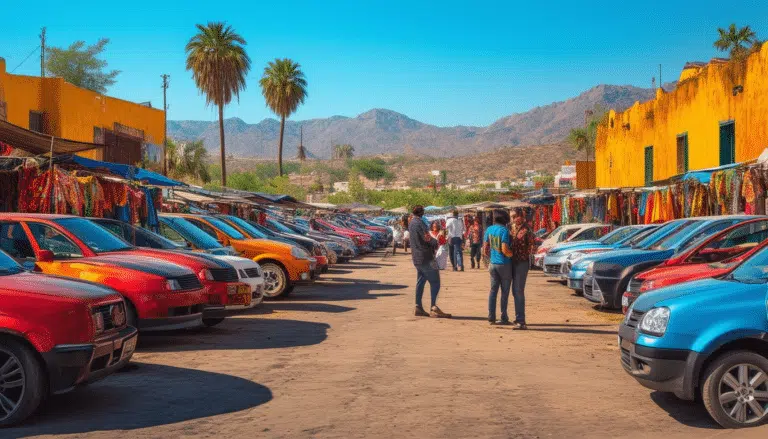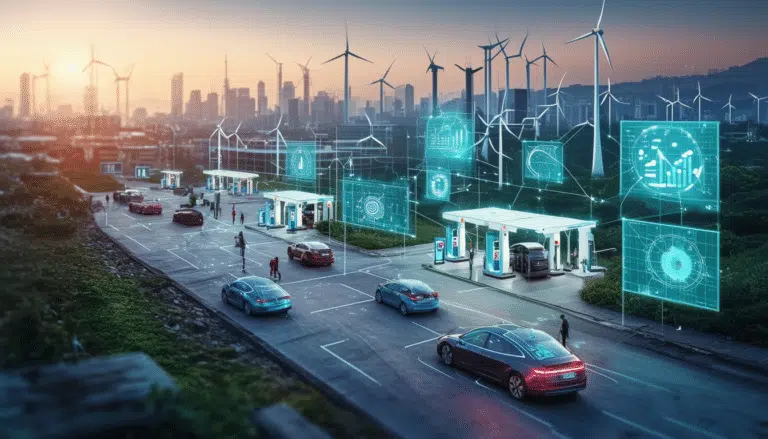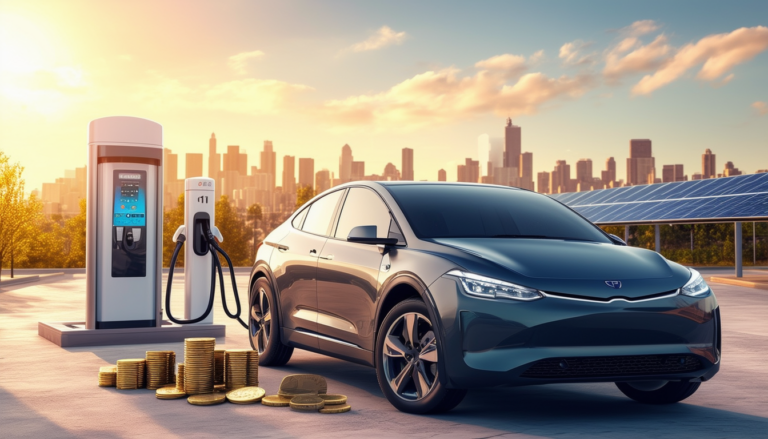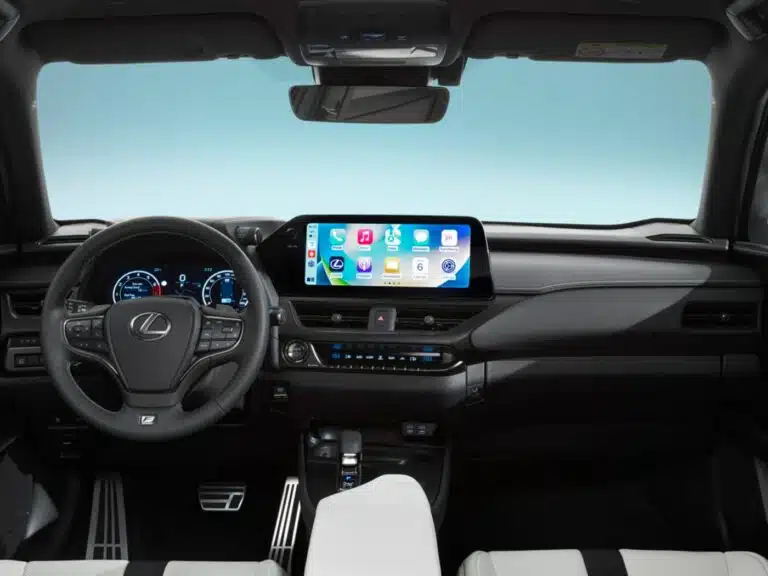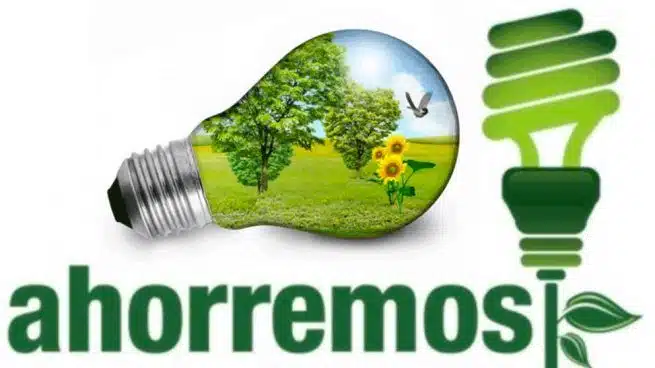Efective Strategies to Reduce Gasoline Consumption in January
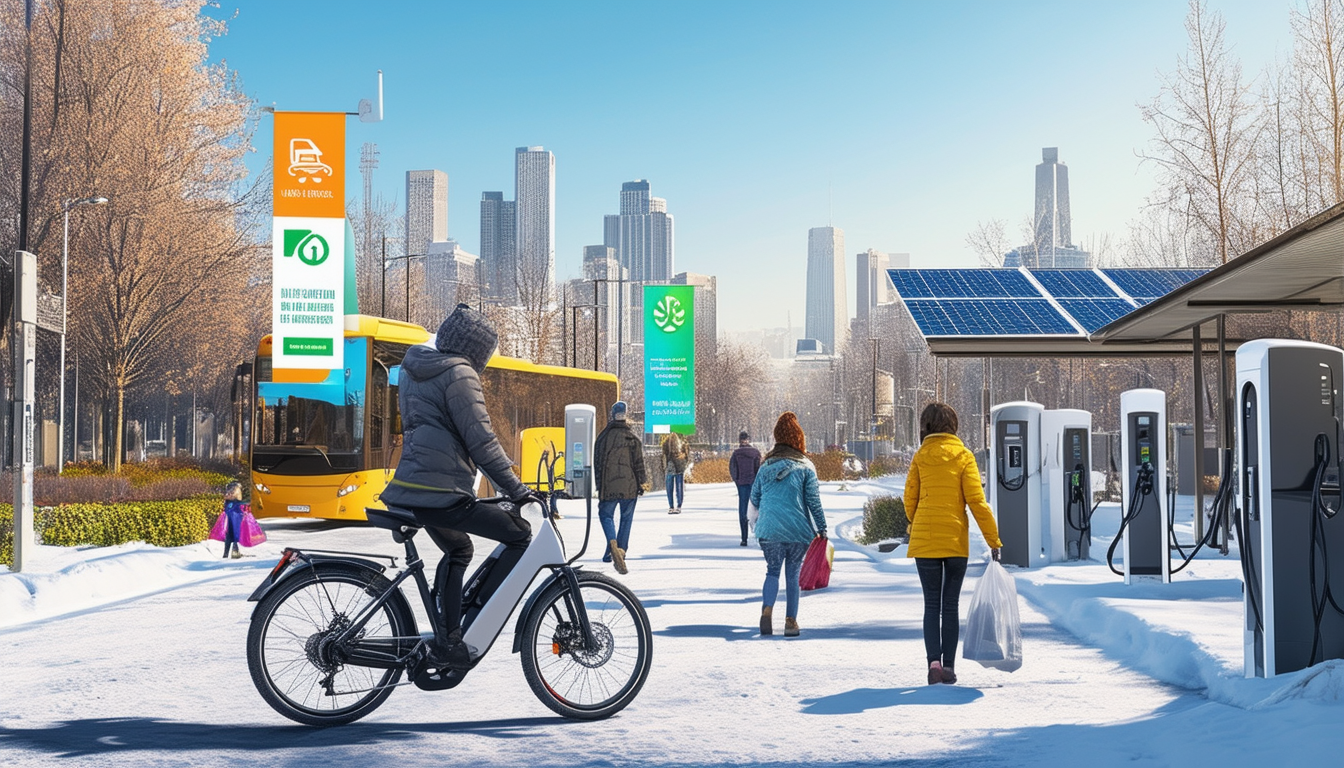
In the current context, where energy efficiency and sustainability are more relevant than ever, reducing gasoline consumption presents itself as an urgent necessity. January, with its budget adjustments after the festivities, becomes the perfect time to implement effective strategies that will not only ease the economic burden of fuel expenses but will also contribute to the reduction of environmental pollution. Through simple practices and conscious habits, it is possible to optimize gasoline use and promote a more sustainable lifestyle.
Facing the month of January can be a challenge for family economies due to the well-known ‘January slope’, when holiday expenses still resonate in the budget. Implementing effective strategies to reduce gasoline consumption becomes a task that is not only necessary but essential to alleviate economic pressure. From improving vehicle maintenance to adopting better driving habits, every small change can make a big difference in fuel expenditure.
Vehicle Maintenance and Care
One of the most effective ways to achieve gasoline savings is to ensure that the vehicle is in optimal condition. This involves performing regular checks of the engine, brakes, and electrical systems. A well-tuned engine can improve fuel efficiency by up to 4%, while checking tire pressure is crucial as properly inflated tires can reduce gasoline expenditure by 3%.
It is also essential to perform regular oil and filter changes, as good quality oil allows the engine to operate more efficiently. A clean air filter, for its part, helps ensure that the air-fuel mixture is optimal, further increasing fuel economy.
Efficient Driving
Driving style directly affects gasoline consumption. Driving aggressively, with harsh accelerations and continuous braking, not only increases the risk of accidents but also raises fuel consumption. Practicing gentle and anticipatory driving can significantly reduce consumption.
Maintaining a steady speed, especially on the highway, is another technique that helps reduce expenditure. Using cruise control can help maintain this balance, and in manual vehicles, shifting gears at lower RPMs (before 3,000 RPM) also contributes to fuel efficiency.
Route Planning
Advanced route planning is a strategy that is often overlooked but proves to be very effective. Avoiding peak hours and heavy traffic not only saves time but also contributes to lower gasoline consumption. Using navigation apps can help find the most efficient and fastest routes.
Grouping errands into a single trip instead of making multiple trips also significantly helps reduce consumption. Each additional trip represents extra spending that can be avoided with good organization.
Reducing Weight and Improving Aerodynamics
A factor that is often overlooked is the weight of the vehicle. Excess load requires more work from the engine and, therefore, greater gasoline consumption. Keeping the trunk free of unnecessary items can help optimize performance.
Regarding aerodynamics, external elements such as roof racks, bike carriers, or open windows can affect consumption. Minimizing wind resistance involves closing windows at high speeds and avoiding the use of unnecessary accessories.
Using Technologies and Appropriate Fuel
Adopting technologies that assist the driver can be very helpful. Systems like automatic start-stop, which shut off the engine during temporary stops, allow for fuel savings. Staying informed about the vehicle’s performance through dashboard indicators can also provide valuable data on how gasoline is being consumed.
Finally, choosing a quality fuel and making purchases at strategic times (for example, during the cooler hours of the day) can also contribute to savings. By doing so, the product is better utilized, getting more for the same price.
Reducing gasoline consumption during the month of January is an achievable goal through the implementation of various strategies. These practices not only have a positive impact on household economics but also contribute to environmental sustainability. In this context, it is essential to adopt habits that promote a more rational use of fuel.
One of the first measures that can be taken is regular vehicle maintenance. Checking aspects such as the condition of the tires, engine, and filters can lead to a significant reduction in consumption. Keeping tires adequately inflated and performing regular oil changes are actions that do not require large investments but can translate into considerable savings.
The way one drives is also crucial. Adopting a fuel-efficient driving style, avoiding harsh accelerations and sudden braking, can make a difference. For example, maintaining a steady speed and shifting gears at opportune moments are practices that help optimize fuel performance.
Likewise, route planning is an intelligent strategy that allows avoiding congestion and reducing travel time. Using navigation apps that provide real-time traffic information makes it easier to find the shortest and most efficient route. Grouping errands and avoiding unnecessary trips are other approaches to consider.
Finally, choosing the appropriate fuel and purchasing it during the most favorable times can help achieve better yield per liter. These strategies are part of a lifestyle that prioritizes savings and ecological awareness, benefiting both the wallet and the environment. Implementing these actions will allow one to face the January slope with efficiency and responsibility.

